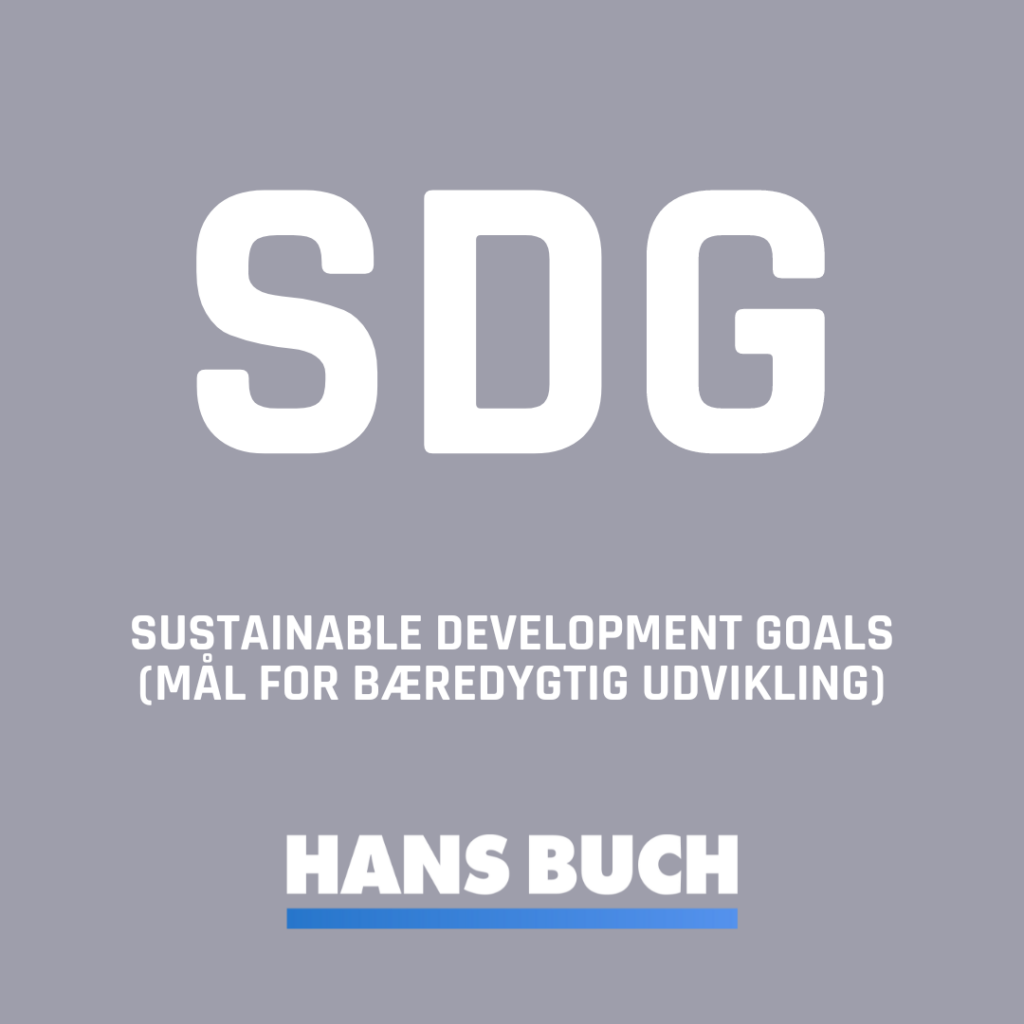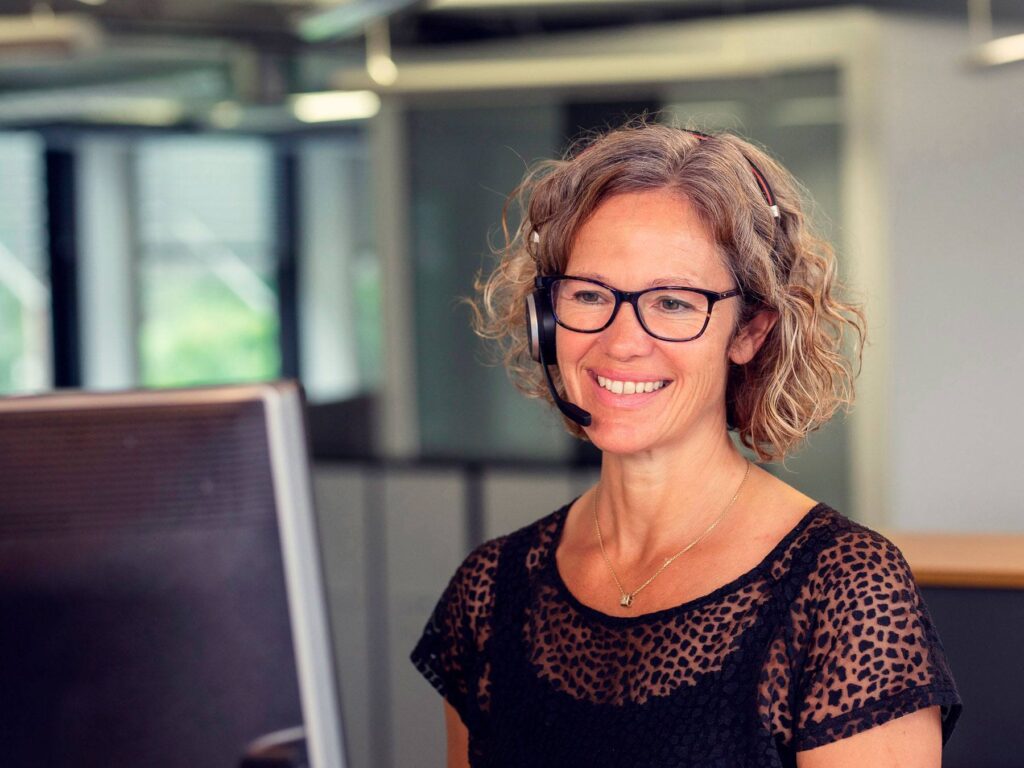What is an SDG?
SDG stands for Sustainable Development Goals and describes the UN’s 17 global goals for sustainable development.
In September 2015, the UN’s 193 member countries adopted a new 15-year plan defined in 17 points (SDGs), which address efforts for the benefit of the global community, and which the member countries are working to achieve by 2030.
Overall, the efforts are about promoting sustainable solutions worldwide for the economy, climate, environment, human rights, health, and technological development. The 17 SDGs replaced the previous 15-year plan (2000-2015), which was defined in 8 MDGs.
The UN’s 8 Millennium Goals (MDG, 2000-2015)
The predecessor to the SDG is the UN’s Millennium Declaration, also known as the MDG (Millennium Development Goals). The MDG consisted of eight global goals that the UN’s member countries were to work towards achieving in the period 2000-2015.
The eight global goals up to 2015 were:
- Eradicate extreme poverty
- Achieve universal primary education
- Improve women’s access to education and eliminate gender disparities
- Reduce child mortality
- Improve maternal health to reduce maternal mortality
- Combat HIV/AIDS, malaria, and other diseases
- Ensure environmental sustainability by, for example, increasing access to clean drinking water
- Ensure global partnerships and development to promote, for example, poverty reduction and good governance, as well as access to, for example, medicine and information technology
The evaluation of these ambitious goals was declared successful in most areas of the world, but they also left points to continue efforts in a new 15-year plan with an expanded definition of existing and new areas of effort. In 2015, the 17 SDGs (global goals) were adopted, and the UN’s member countries are thus working to achieve these by 2030.
The UN’s 17 Global Goals (SDG, 2015-2030)
In short, the UN’s 17 SDGs are a continuation and further development of the predecessor’s 8 MDGs defined in the UN’s Millennium Declaration (2000-2015).
Common to SDG and MDG is that they are generally concerned with promoting:
- Green transition
- Health
- Equality across, for example, gender, race, and ethnicity
- Combating poverty and hunger
- Improving legal security
- Technological and communicative development
Here are the UN’s Global Goals up to 2030:
- End all forms of poverty worldwide
- End hunger by promoting food security, improved nutrition, and sustainable agriculture
- Health and well-being by reducing, among other things, maternal mortality, child mortality, epidemics, traffic accidents, and substance abuse
- Equal access to quality education and promote everyone’s opportunities for and access to lifelong learning
- Gender equality and empower the rights and opportunities of women and girls
- Clean drinking water, as well as suitable sanitation and hygiene for all
- Access to reliable, sustainable, and modern energy at an affordable price
- Employment and decent working conditions, as well as economic growth
- Robust infrastructure, promote inclusive and sustainable industrialization and innovation
- Promote economic equality across income groups, gender, race, and ethnicity, as well as between countries
- Sustainable cities and communities by, for example, promoting suitable housing conditions, disaster resilience, access to public transport, and preservation of cultural and natural heritage
- Responsible and sustainable consumption and production of, for example, food and materials, as well as by promoting, among other things, better use of natural resources and environmentally sound waste management
- Combat climate change and climate-related disasters by reducing greenhouse gas (GHG) emissions.
- Conserve and ensure sustainable use of the oceans and their resources
- Protect, restore, and support sustainable ecosystems on land and combat biodiversity loss, among other things, by promoting reforestation, combating desertification, and preserving wildlife through, for example, combating poaching
- Ensure peace, justice, and strong institutions by, among other things, promoting legal security and transparent institutions, as well as combating, for example, corruption, discrimination, violence, and abuse
- Strengthen global partnerships for sustainable development with financial support as a catalyst. This should, among other things, happen through increased enforcement of the commitments that OECD countries have to development assistance to the world’s poorest countries.
Sources:
Read more about the UN’s Global Goals and the 17 SDGs, their sub-goals, and indicators at verdensmaalene.dk and the UN’s website for the global goals at sgds.un.org/goals.
How can companies contribute to the UN’s global goals?
There are many ways in which one can voluntarily or through legislation commit or be obliged to work with efforts that involve several or parts of the individual SDGs. In Hans Buch’s knowledge universe, you can be inspired or refresh your knowledge about sustainable solutions, goals, and commitments here:
Read about Hans Buch’s work with the global goals under the menu item “Green profile“.

Læs mere om bæredygtig viden og løsninger hos Hans Buch
Dyk ned i Hans Buchs tema om bæredygtighed inden for klima, miljø og bæredygtighed.
Hvad er en SDG?
Hvad er en ESG?
Hvad er en EPD?
Hvad er en LCA?
Klimakrav til nybyggeri påvirker hele industrien
Besætning gror fødevarer på den halve tid
Basisviden om klima og miljø
LED-lys: Store besparelser for økonomi og CO2
Når luftkvalitet er afgørende



